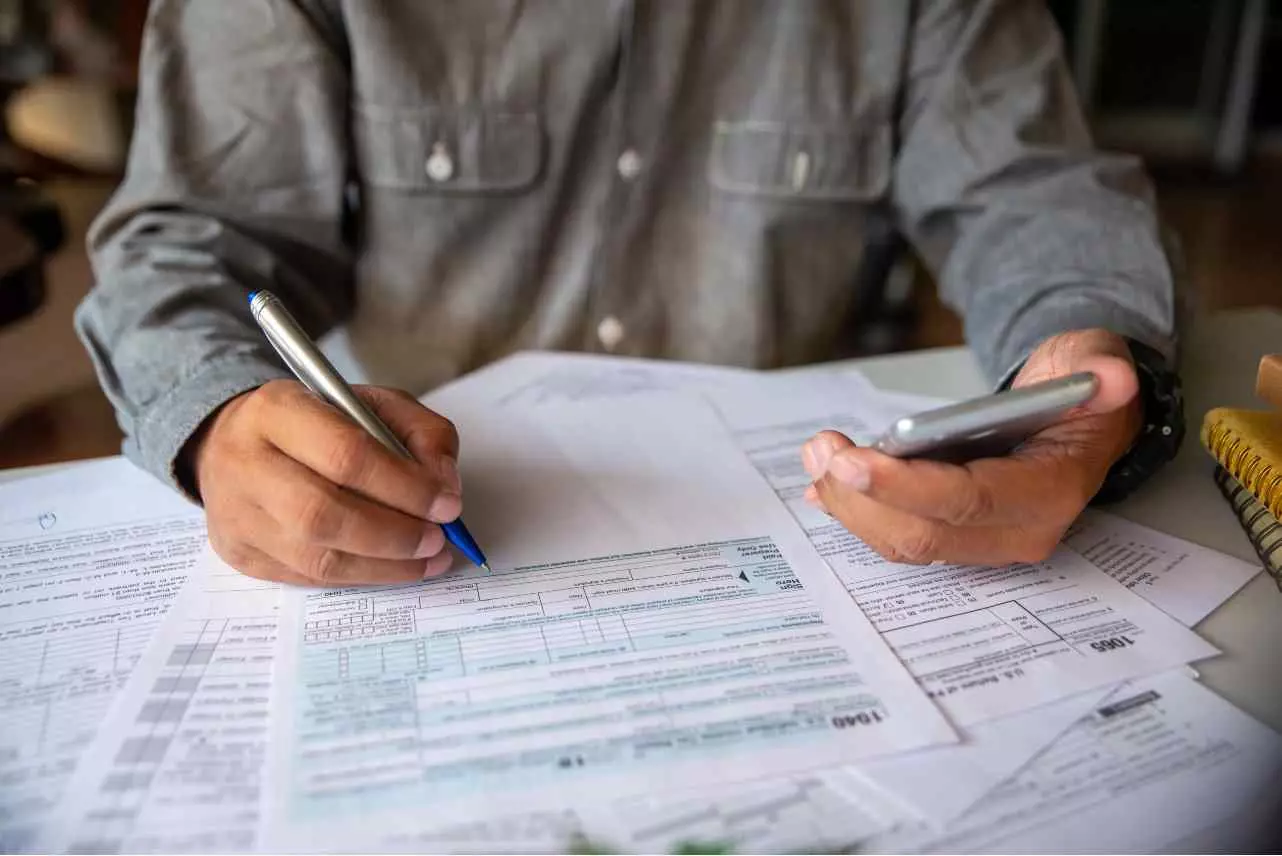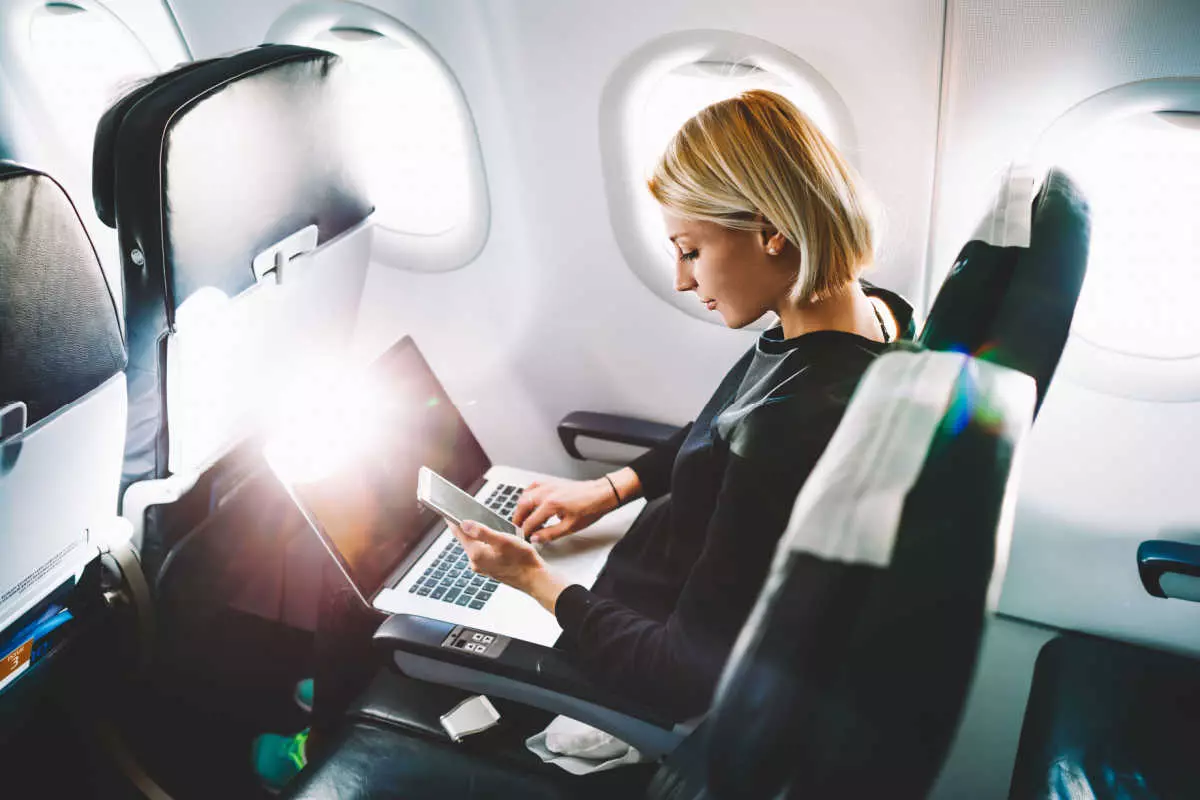One of the most common questions self-employed individuals ask themselves when accounting for tax is, “What expenses can I claim as a sole trader?” If you are self-employed, you will have to cover various expenses for your business. However, sole traders are entitled to claim some expenses as business-related costs. This means they can pay fewer taxes and keep more of their hard-earned profits.
In this blog, we will look at which expenses can be tax-deductible for sole traders and what can be done to reduce them.
Understanding Allowable Expenses
The number of sole traders is growing exponentially in the U.K., increasing the number and type of self-employed job ideas. Like any other entrepreneur, sole traders must pay Income Tax on their profits. But self-employed individuals and sole traders have some advantages when it comes to calculating their taxable income.

The HM Revenue and Customs (HMRC) office has clear guidelines for calculating taxes as a sole trader. The costs that are eligible for tax deduction are called allowable expenses. More allowable expenses mean less Income Tax to pay. Here’s an example:
If your entity’s total expenses amount to £15,000, and £5,000 can be considered allowable expenses, the government will levy taxes on the remaining £10,000.
Ultimately, understanding self-employed allowable expenses can help you save money on business-related purchases. That said, these are some tax-allowable expenses you need to be wary of as a sole trader:
Office Expenses
Costs on items used for less than two years can be written off as allowable expenses. These are traditionally office expenses, including:
- Stationery
- Phone, Internet, and other utility expenses
- Printing costs (ink, cartridges, paper)
- Computer software used for less than two years
- Postage
- Property insurance and security
Please note that long-term inventory expenses, such as computers or other machinery, can be written off as capital allowances instead. Capital allowances allow taxpayers to write off the cost of their assets periodically. Typically, the deduction of capital allowances is spread over several years.
Travel and Transport
Travel and transport costs for business purposes can be claimed as allowable expenses. Examples of these expenses include:
- Vehicle insurance and licence fees
- Car maintenance costs
- Fuel and parking costs
- Train, bus, and airfares
- Hotel accommodations
- Meals on overnight business trips
Travel costs associated with business activities can be written off for full tax relief if they are reasonable and not excessive. For example, during calculations, the HMRC may ask whether choosing to stay at a luxurious hotel for business purposes was of absolute importance or not.

If you own a vehicle, you can either work out the proportion of the costs you used for your business or claim mileage. You can claim 45p per mile for the first 10,000 miles and 25p after that. Claiming mileage will probably be more hassle-free than calculating separately for insurance, repairs, and fuel.
It’s also worth noting that only expenses relating directly to business operations will be eligible for a tax deduction. For instance, you cannot claim travel costs from home to work or fines.
Legal and Financial Costs
As a sole trader, chances are that you need the services of an accountant, lawyer, or solicitor for business reasons. Costs of these professional services and some bank charges can be claimed for tax relief. You can claim the following financial expenses:
- Bank overdrafts and credit card charges
- Interest on bank loans (but not the loan amount)
- Leasing payments
- Monthly instalments paid for acquiring expensive goods
- Insurance policies (e.g., public liability insurance)
- Royalties
Business Premises
Expenses related to business premises can be claimed, such as:
- Rent
- Utilities
- Maintenance and repair costs
- Security costs
- Property insurance
However, if you buy or build your business premises, you cannot claim the costs for those.
If you work from home, you also have the opportunity to claim some parts of your utility expenses. For that, you need to calculate the proportion of the utility costs spent on business operations. Here’s an example by the UK government of how to divide the utility costs for tax allowable expenses:
Suppose you have four rooms, one of which is a home office. If the total utility expenses cost £800 and each room uses an equal amount of electricity and gas, you can divide it into four and claim £200 as a deduction.
Advertising and Marketing
Whether these are one-off costs or regular charges, you can claim them as long as they’re spent on marketing and public relations (PR) purposes for your business. Examples of such expenses include:
- Advertising in local or national newspapers
- Website and social media costs
- Free samples
- Mailshots
- Subscriptions for trade and professional journals
- Gifts to customers only if they are not food, drinks, tobacco, or vouchers, cost less than £50, and include advertising material for your business.
You cannot claim entertainment or event hospitality costs. For example, you cannot claim food and beverages offered to customers unless they are your product and used for advertising purposes.
Staff Costs
Once sole traders expand their businesses, they usually hire employees and register their entity as a limited liability company. The HMRC allows you to claim such expenses connected with your staff as:
- Employee salaries
- Bonuses
- Benefits (such as company lunches)
- Pensions
- Employee’s National Insurance
- Agency fees
- Subcontractors
Training Courses
You can claim expenses for training courses you offer your employees or complete them yourself. However, be aware that you can only claim training expenses related to your current industry.

For example, you cannot claim the training costs for:
- Starting a new business
- Expanding your business into new areas (e.g., if you provide computer repair services but want to start producing computer parts as well)
Allowable expenses include:
- Refresher or retraining courses
- Courses directly related to income that is generated by the business
Clothing Expenses
The HMRC allows self-employed individuals to claim clothes purchased for business operations. These involve:
- Uniforms
- Protective clothing needed for work
- Costumes for actors and entertainers
Keep in mind that you cannot claim the costs of personal clothing items, even if you wear them to work.
How to Reduce Expenses
To earn money from the best online business opportunities, you should know how to save. As a sole trader, ensuring your business’s profitability should be of utmost importance. To aim for higher returns, you should focus on cutting expenses whenever possible. Here are some strategies you can use to reduce self-employed business expenses:
Outsource Non-Essential Activities
Hiring people to work on accounting, shipping, or maintenance can reduce your fixed costs and save you time and energy. Moreover, as already mentioned, you can claim these expenses for a tax deduction.
Cut Back On Utilities
Electricity, gas, and water bills are typically inevitable for all businesses. However, there are ways to reduce them by being a little more economical. Turn off the lights when you don’t need them or consider investing in energy-efficient office equipment such as Energy Star computers or multifunctional printers.
Leverage Social Media For Marketing
Social media platforms like Facebook, Instagram, and Twitter are free to join. Additionally, ad campaigns on social media are usually much cheaper than using the services of marketing agencies.
Negotiate With Suppliers
Part of running a cost-effective strategy is negotiating with suppliers to get the best deals on products. So don’t be shy to talk to your suppliers, and you may reach mutually beneficial price agreements.
Share Some Costs With Neighbouring Businesses
Reach out to local businesses and offer to share expenses such as co-hosting networking events or co-organizing team-building activities. As a result, you can save money and draw more attention to your business.
Sum Up
In this blog, we provided a guide for anyone wondering “what expenses can I claim as a sole trader.” Self-employed people can enjoy the benefits of treating some of their major business costs like rent, advertising, or insurance policies as allowable expenses. This means that these expenses can be exempt from taxation during year-end calculations. So it is worth taking your time, reading up on HMRC advice, and consulting an accountant to ensure you claim everything you are entitled to.